I have passed such a situation where my pet cat Muezza only liked fish and fish-flavored food. Though it has reasons to love such food, this is a real concerning fact when it stuck to this food only.
So, I have become desperate to find what to do if my cat will only eat fish-flavored cat food. I found several effective approaches, including a gradual transition from only fish-flavor to other flavor foods, offering a variety of protein sources, adding enticing food toppers, etc.
Are your cat also acting like Muezza? Here, I detail this aspect and the solutions.
Why Your Cat Loves Fish-Flavored Foods Only?
Before the addressing approaches on what to do if your cat loves only fish-flavored food, I think you must know why your cat is acting like this.
Cat’s higher interest in fish-flavored foods has several reasons. Let’s check out that one by one.
Anchestrial Characteristics
Historically, domesticate cats were found in the Egyptian civilization 3,600-10,000 years ago. As per Nature Journal, the Nile-based population was used to catch wild cats and transform them into pets.
They used pet cats to restrict the demolition of their farming from rodents, grain storage from granivorous, etc. National Geographic has included another interesting reason for Egyptians’ fondness toward cats: they considered cats are magical animals that fight evil spirits.
Here, Egyptians‘ primary source of protein was fish from the Niles. And logically, they fed their cats with those fish. As per historians, this is how cats become familiar with fish, and slowly fish became their most desirable food source.

Here is a picture from the Tomb of Nakht showing a pet cat eating fish which is not a self-catch but provided by the master.
Cats Like Fish Smell
You must have noticed how your cat becomes crazy after getting the fish smell. Your cat’s love of fish-flavored foods also has some biological reasons. Cats have a unique sense of smell that goes beyond what humans experience.
Along with their nose, they have particular vomeronasal organs. These organs, also known as Jacobson’s organs, connect their mouth and nose. Vomeronasal organs amplify their sense of smell and taste.
Due to having these amplified taste buds, cats become wild and make them insist on fish-flavored food every time. Their senses are so sensitive that the fishy aroma and taste become irresistible to them.
Protein in Fish
Like every other living animal on the earth, cats are also naturally aware of nutrition needs. By their natural instinct, cats know that protein is really important to stay energized and strong.
They naturally look for foods that are packed with protein because it helps keep them healthy. When cats have eaten fish before, they feel the good effects of all that protein.
And this is how they become fond of fish so much. Their instinct tells them that fish-flavor food can make them strong and healthy.
Fish Contains Omega-3 and Taurine
First of all, cats need Taurine for some proper bodily functions like their heart rhythm, digestion, reproduction, etc. Fish contains this Taurine. So, when cats consume fish and get more Taurine from it, they experience improved health and well-being.
This positive effect encourages them to develop a preference for fish-flavored food.
Secondly, Omega-3 fatty acid has a great contribution to keeping your cat’s fur healthy and appealing. Those silky and soft furs not only appeal to you but also provide comfort to your cat. Now, when cats eat fish, they notice that their fur becomes softer and shinier as a result.
This context encourages them to keep consuming fish-flavor food to maintain that level of comfort and improve their self-grooming habits.
Is Only Fish-flavored Food Consumption Healthy for Your Cat?
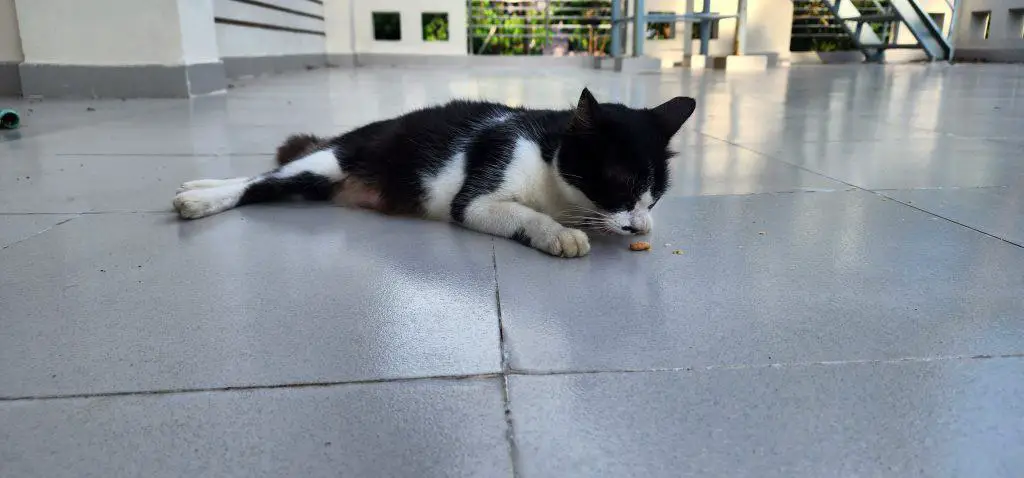
I expect that you already know the nutrient contents in the fish from the above discussion. In short, fish are rich in Omega 3, Taurine, Protine, etc. And these are undeniably very important elements for the health of your cat.
So, what is the problem? It is your question, right?
The issue is that cats need the mentioned nutrients, but they also need several other nutrients like fat, carbohydrate, vitamin, minerals, etc. Manufacturers are highly concerned about including Omega 3, Taurine, Protine, etc., in fish-flavored foods.
I must admit that they also add other nutrients, but not all. Some prioritize fat and mineral; some prioritize vitamins A, B, and C; some prioritize minerals. Can you see the picture? These cat foods can provide fish-related nutrients but lack in other categories.
Now check the below table to know the consequences of your cat’s higher likeness of fish-flavor foods.
| Issues | Consequence |
| Nutritional Imbalance | Obesity, heart disease, diarrhea, etc. |
| Imbalance in fatty acids | Skin issues |
| Allergies | Overall health deterioration |
What to Do If Your Cat Only Eats Fish-Flavored Foods?
If you are worried about your cat’s too much affection towards fish-flavored food, apply the below-listed approaches. I have found these helpful in making Muezza eat other foods.
- Implement Gradual Transition: Go for a gradual transition from only fish-flavored foods to other flavor foods. You can start by introducing small amounts of alternative cat food flavors.
I am not suggesting discarding the fish-flavored food completely. For instance, if you give 120 grams per meal, just give 20 grams of other-flavor food along with 100 grams of fish-flavor food.
- Go With Other Sources of Protein: Offer your cat a variety of protein sources, such as chicken, turkey, beef, or lamb. I suggest you try raw, dry, and steam versions. Take it as an experiment to identify which one your cat likes most.
- Mix Non-Fish Food: Add enticing food toppers or mix-ins to the non-fish food to enhance its flavor and aroma. Regularly rotate the flavors of non-fish cat food to keep mealtime interesting for your cat.
- Take Vet Help: Consult with your veterinarian to get personalized recommendations. The vet can assess your cat’s overall health. And provide you with effective guidelines to obstruct your cat’s addition to fish-flavored foods.
Watch this YouTube Video to learn more about transitioning your cat from one food to another:
Best alternatives to fish-flavored cat food
There are other food sources that can offer similar benefits to fish-flavor food. Some must-mentions are foods with the flavor of chicken or turkey, beef, lamb, duck, rabbit, etc. These are the prominent alternatives to fish-flavor food.
However, I should notify you of the price: Depending on the brand, per pound can cost you around $25-$43.
People Also Ask
Here, I answer some of the most common questions people also ask regarding cats eating only fish-flavored food.
Can I add supplements to my cat’s diet if they only eat fish-flavored food?
Adding supplements to your cat’s diet can be beneficial, but it is important to consult with your veterinarian before doing so.
What is the chance my cat will like other flavors over fish-flavored food?
I say there is a 100% chance. After all, it’s about the habit. I suggest you keep patience and apply the mentioned approaches consistently.
Can I make my own fish-flavored cat food at home?
Yes, you can. But, preparing homemade cat food requires careful attention to meet all of a cat’s nutritional needs. I advise you to consult with a veterinarian or a veterinary nutritionist before attempting to make such food.
Final Words
I hope you have a clear answer of what to do if your cat will only eat fish-flavored food. While cats may have a strong preference for fish-flavored foods, it is important to ensure their diet is balanced. The diet must provide all the necessary nutrients for their overall health and well-being.
To restrict your cat’s affection from only fish-flavored dietary habits, you should introduce a variety of protein sources and flavors while consulting with a veterinarian. Remember, providing a balanced and diverse diet is key to keeping your feline friend happy and healthy.
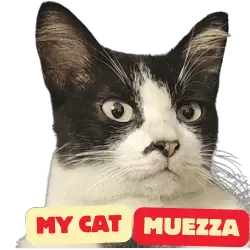
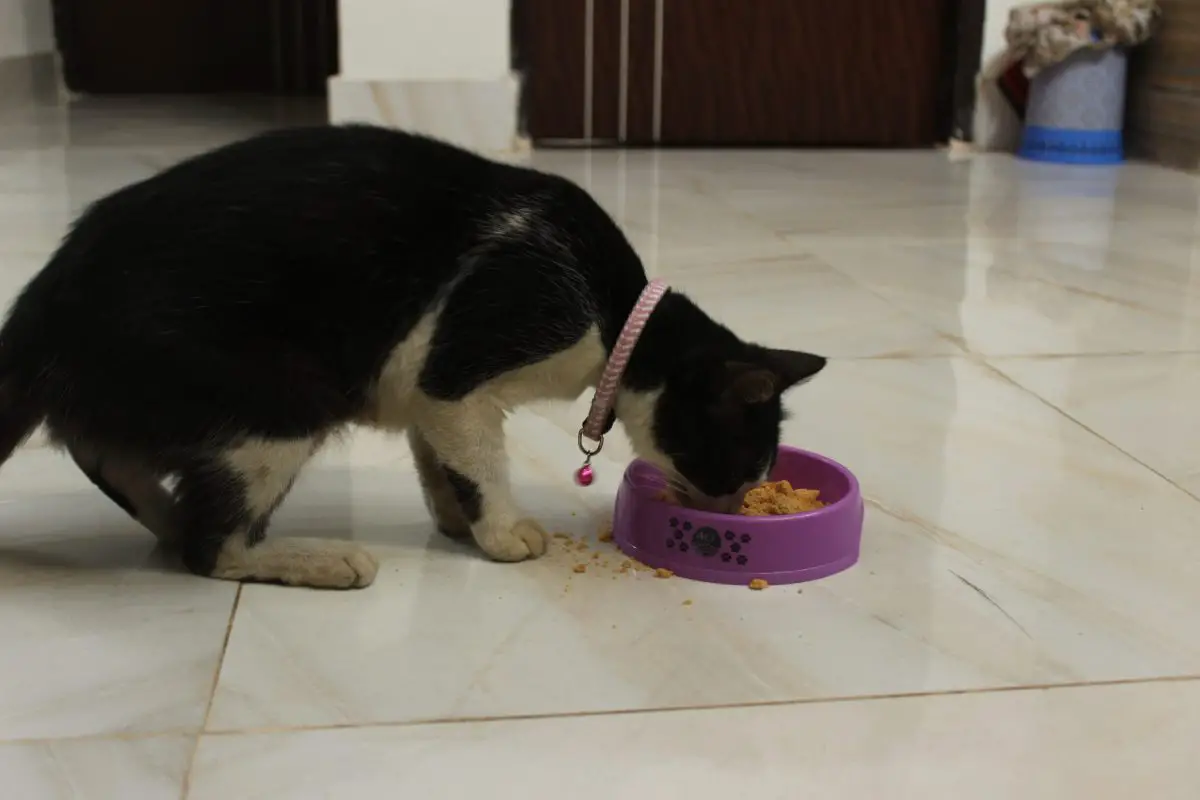
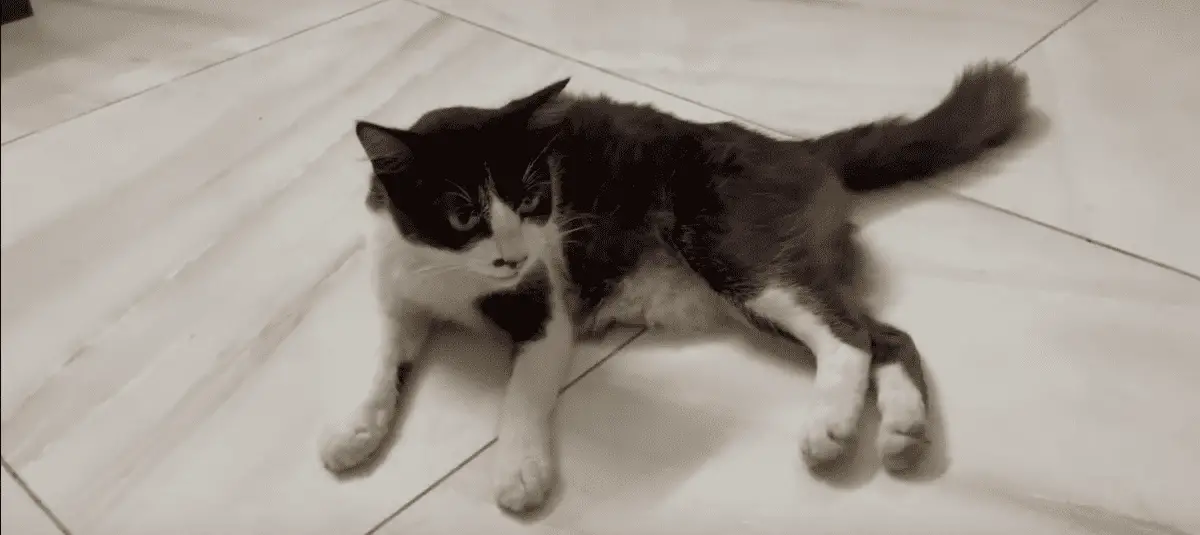
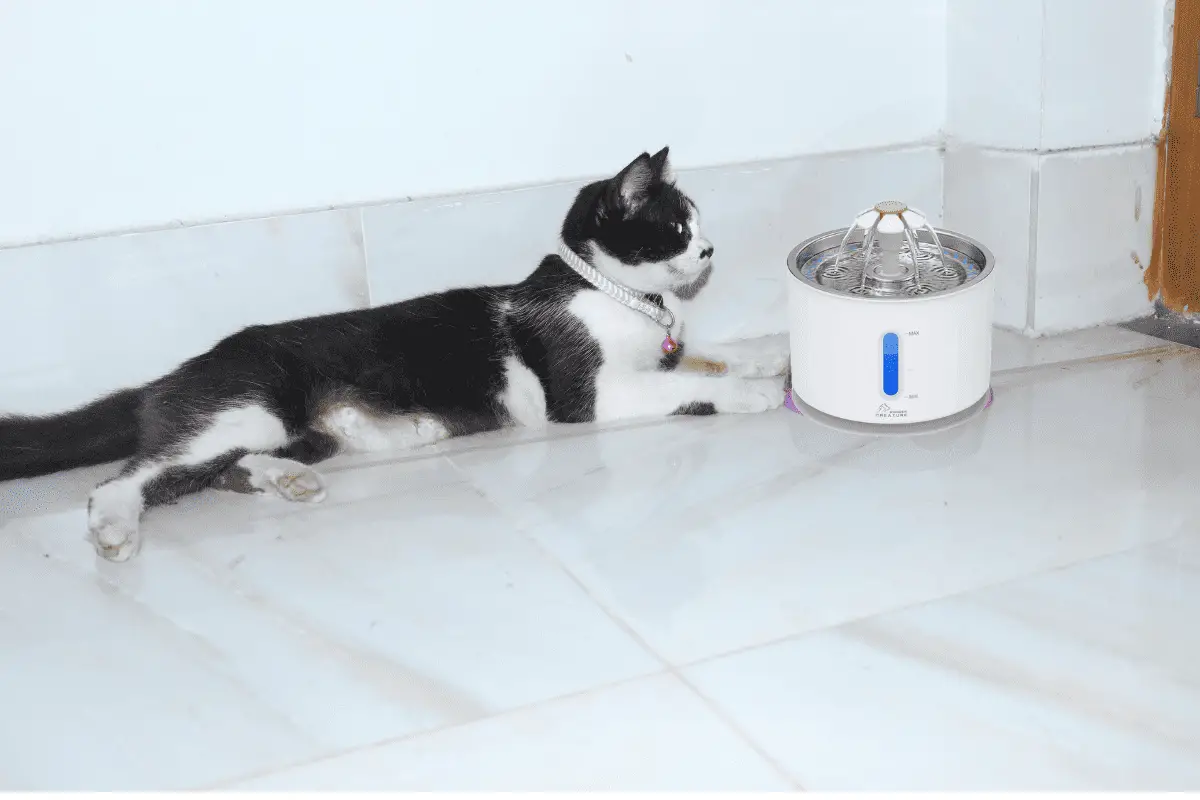
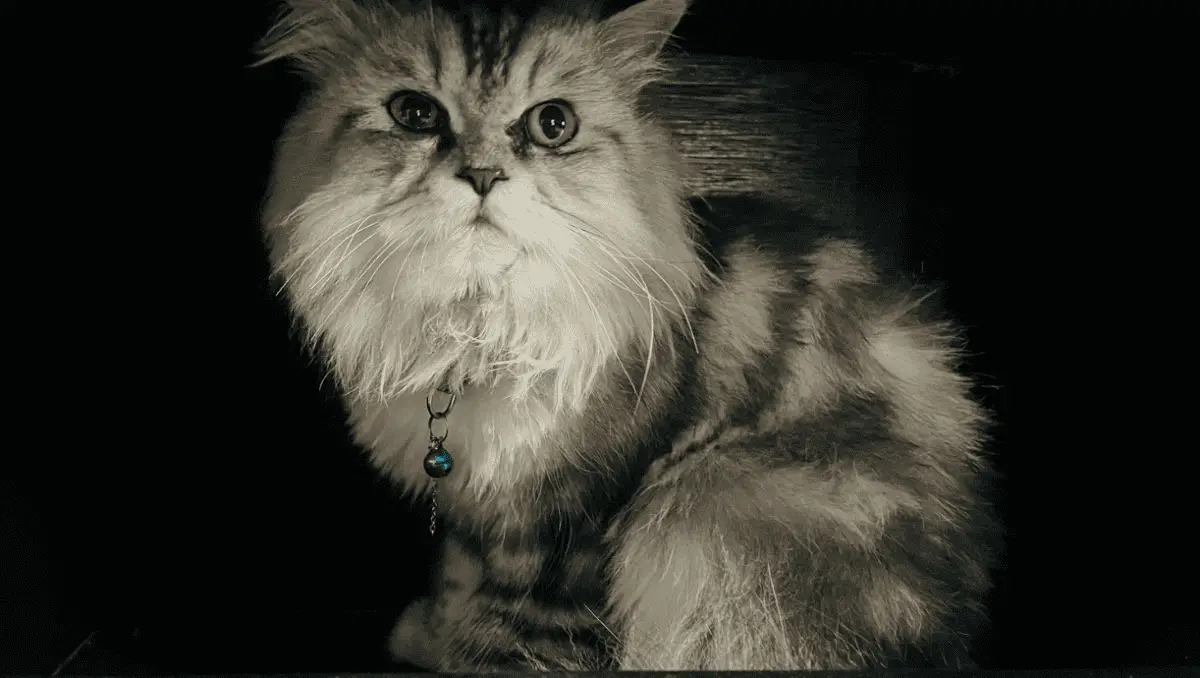

Leave a Reply